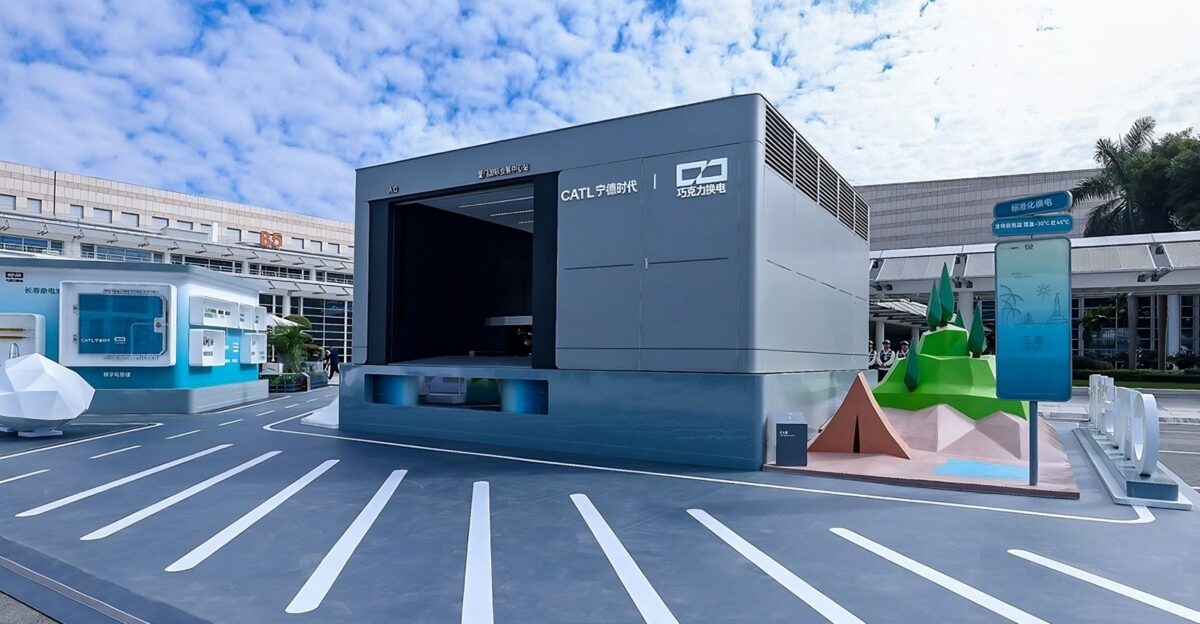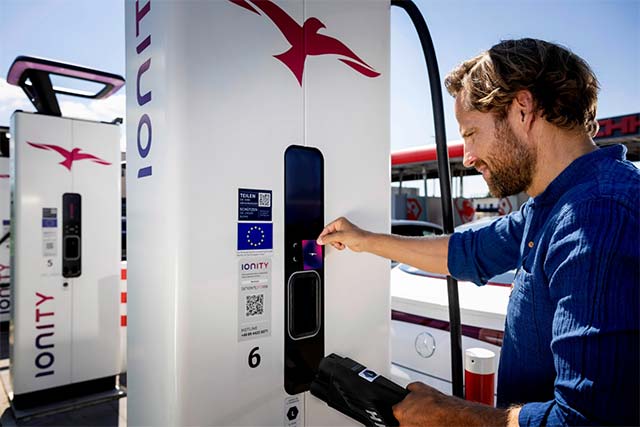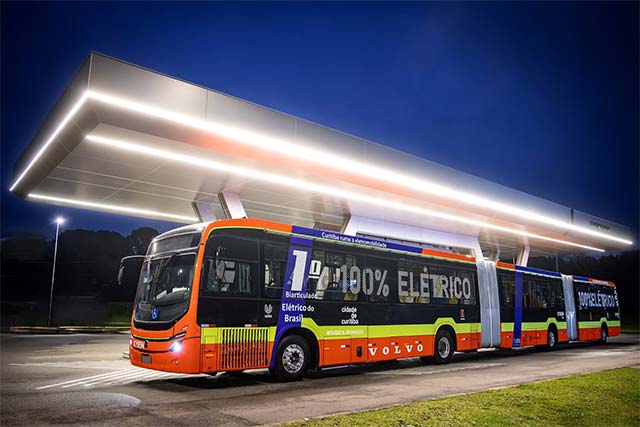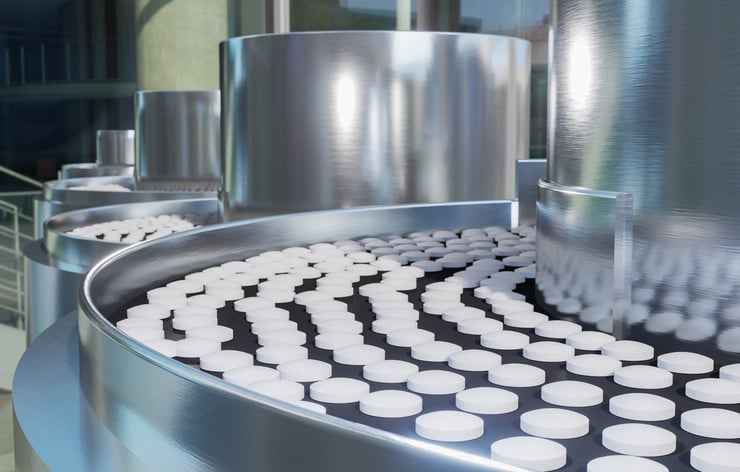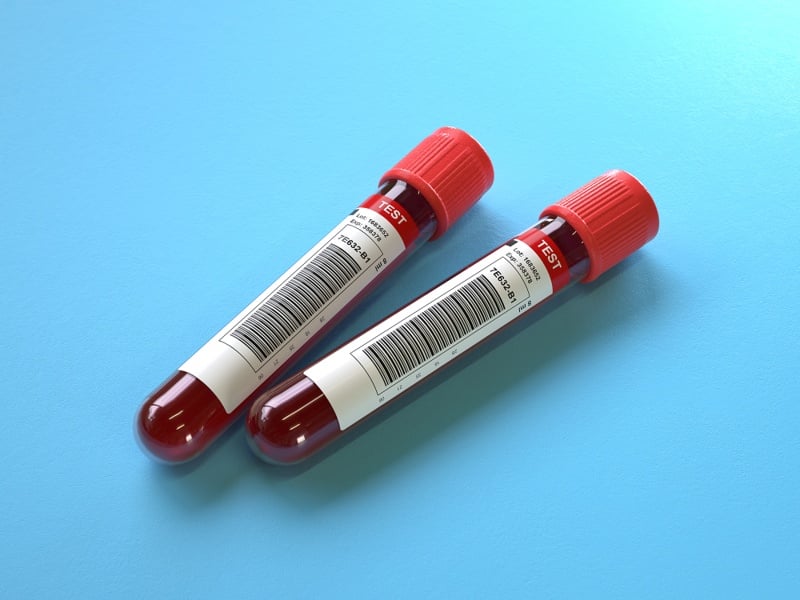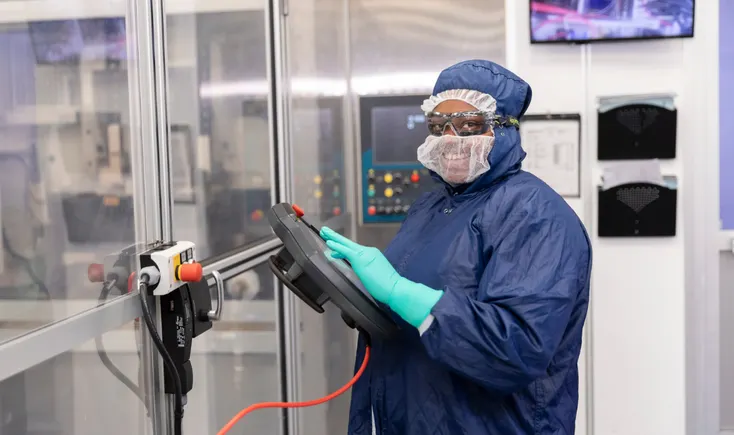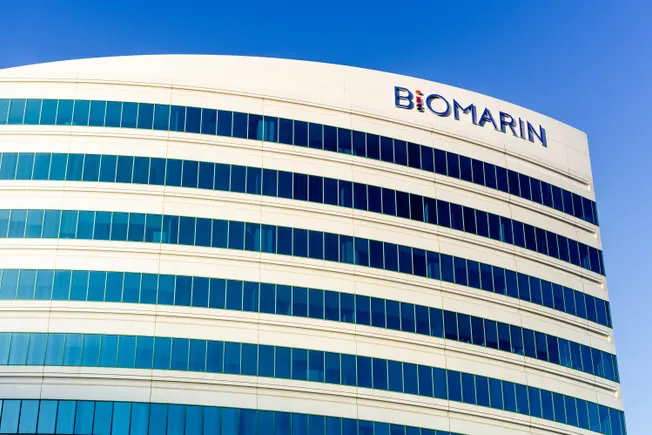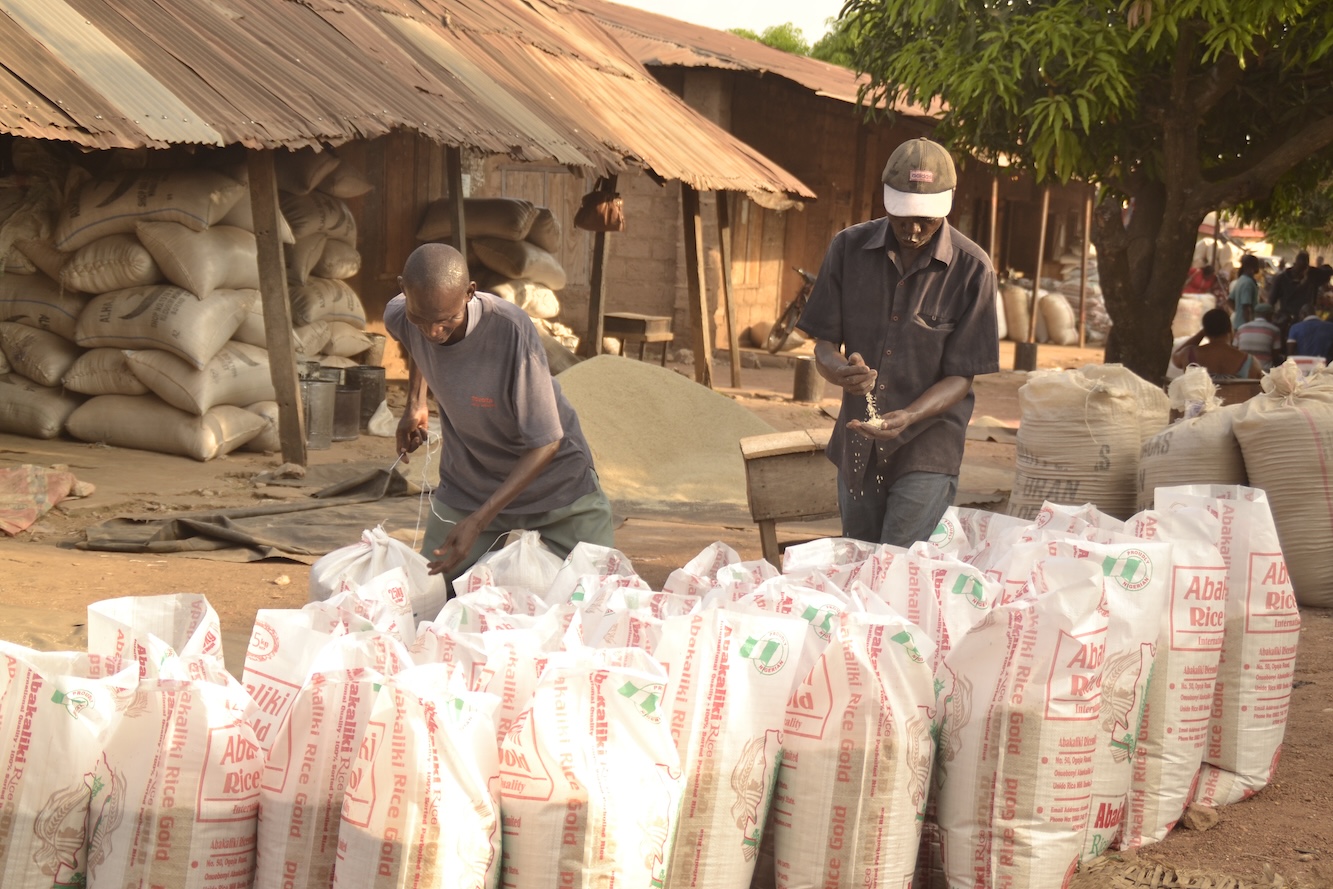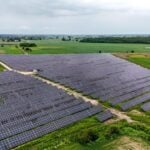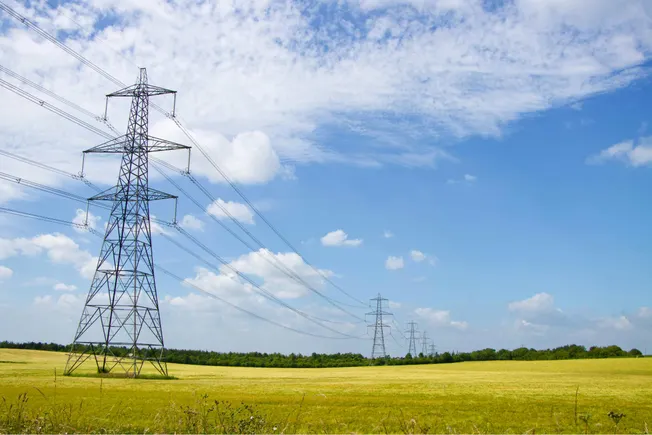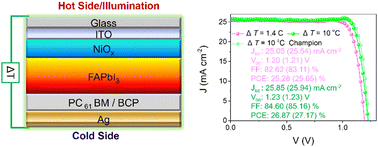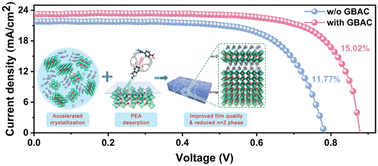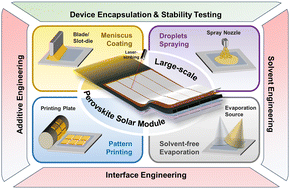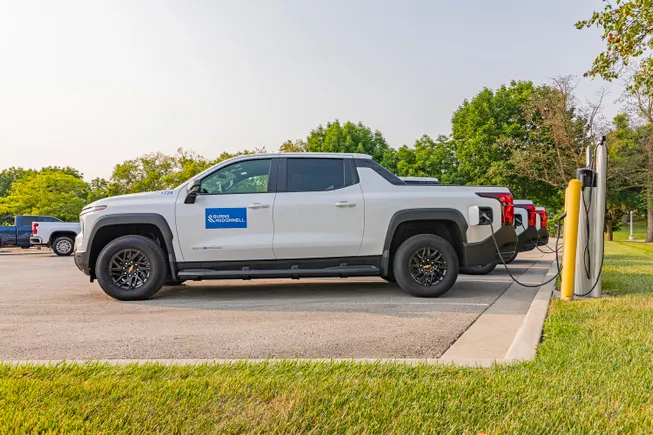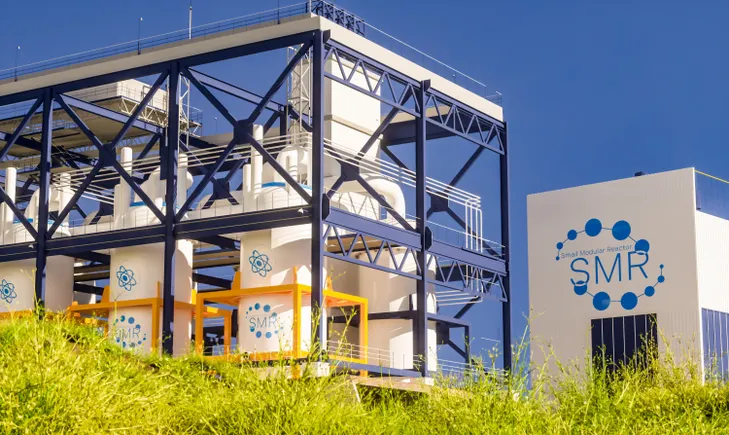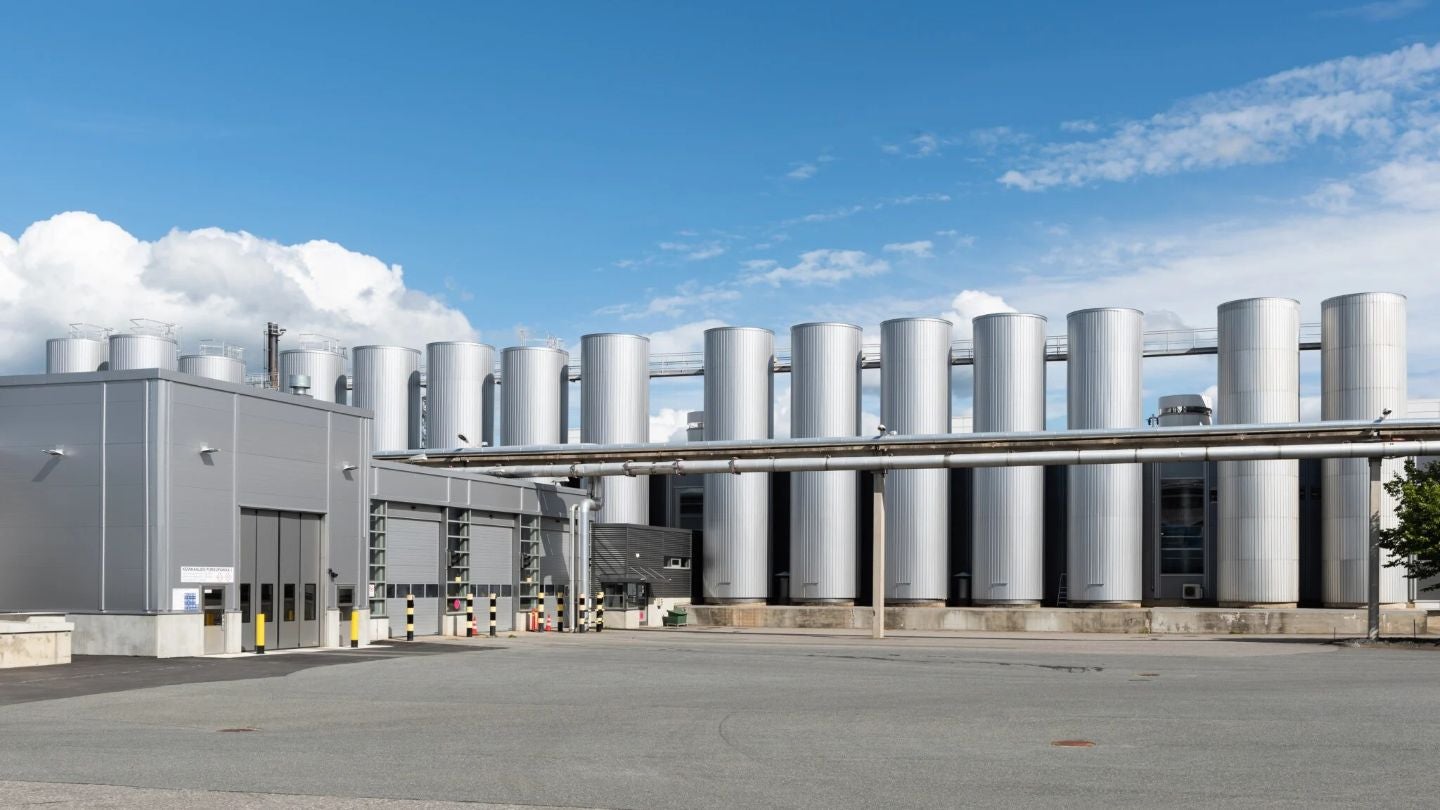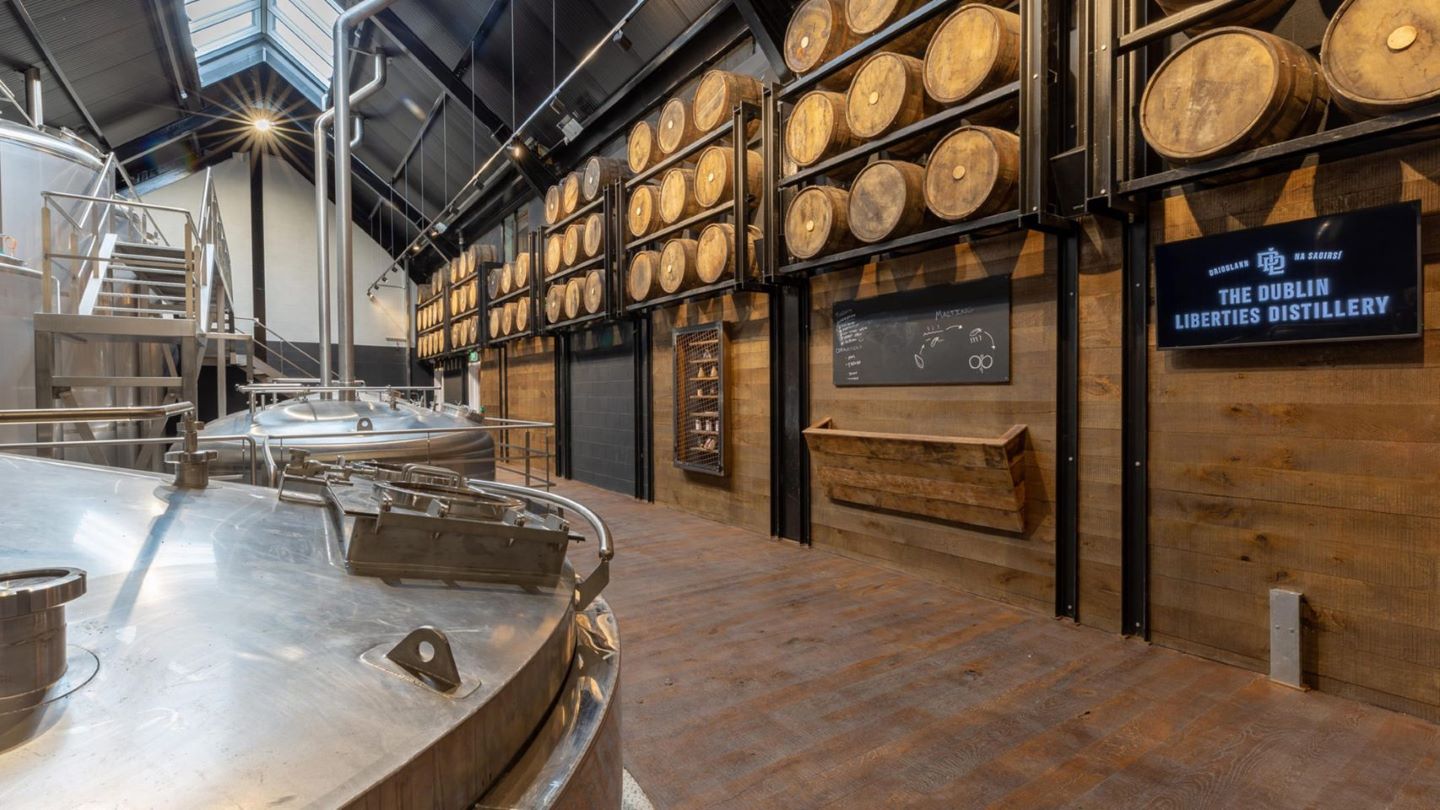Selective Electrochemical Reduction of CO2 to Metal Oxalates in Nonaqueous Solutions Using Trace Metal Pb on Carbon Supports Enhanced by a Tailored Microenvironment
Advanced Energy Materials, EarlyView.

Encapsulating trace lead (Pb) in carbon electrodes with a fluoropolymer tailors the microenvironment for carbon dioxide (CO2) reduction. This enhances efficiency and selectivity, offering a tunable approach to guide reaction pathways and improve product outcomes in electrochemical CO2 conversion.
Abstract
In this work, the electroreduction of carbon dioxide (CO2) to oxalate is enabled by incorporating trace metallic lead (Pb) on carbon-based supports (CBS) with polymer overlayers. These composite materials serve as an efficient electrocatalytic system for the facile conversion and storage of CO2, a pernicious atmospheric pollutant. Results from controlled potential electrolysis experiments indicate that 1) trace metallic Pb on the ppb scale is active toward the reductive coupling of CO2 to oxalate at comparable Faradaic efficiencies to bulk metallic Pb and 2) polymer encapsulation of this trace metallic Pb leads to promotion of CO2 reduction (CO2R) selectively to metal oxalates over other products such as CO. Importantly, metal oxalates are important alternative cementitious materials and precursors for other materials’ synthesis applications. The solid products undergo rigorous spectroscopic characterization, including 13CO2 labeling experiments, to ensure the metal oxalates are in fact produced from CO2R. These findings serve as a model for leveraging microenvironment effects to enhance activity and selectivity for CO2R using trace-metal catalysts for carbon utilization and storage technologies.












